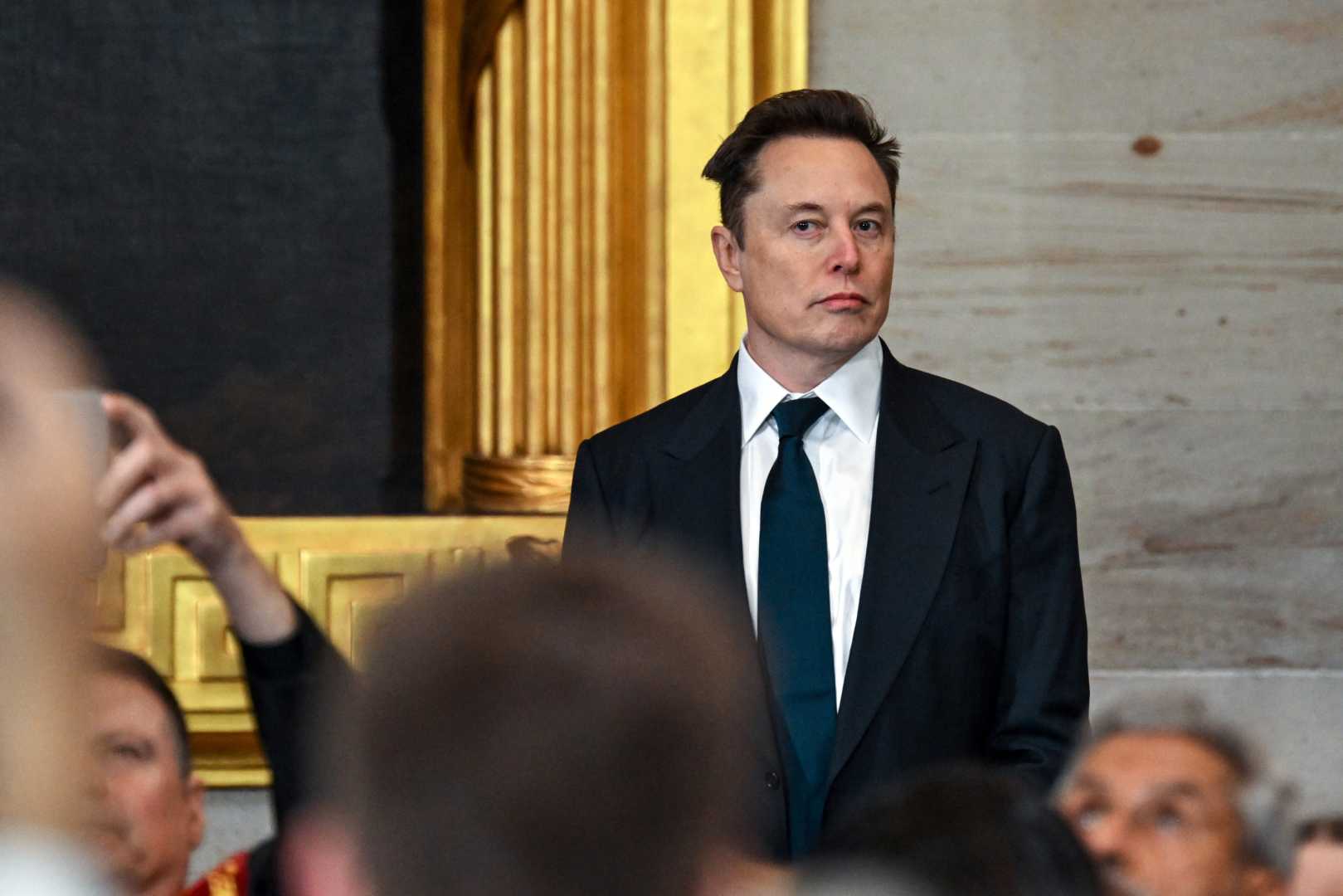Business
Elon Musk’s Wealth Plummets Amid Controversies and Falling Tesla Sales

LOS ANGELES, Calif. — Elon Musk, the CEO of Tesla and X Corp, has seen his wealth drop by approximately $90 billion since peaking at around $486 billion in December 2021. This unprecedented loss comes as controversies surrounding his actions and statements intensify.
In recent months, Musk has faced criticism for endorsing far-right movements in Germany, making controversial gestures during Donald Trump‘s presidential inauguration, and other politically charged comments. These issues have sparked backlash in markets where his brands are traditionally popular, particularly in progressive regions such as California and Europe.
Sales of Tesla vehicles have slid in several markets, including the UK, France, Sweden, Norway, and the Netherlands, showing a notable decline even in California, which is the largest automotive market in the United States. According to industry analysts, Musk’s political stance may be impacting consumer perception and sales.
James Obiegbu, a lecturer in experiential marketing and management at Bournemouth University, explains that the alignment between a CEO’s personal brand and the company’s values is crucial. He noted that when a CEO’s public persona diverges from the values of their consumer base, it can diminish both their personal and the brand’s value.
“When consumers feel a disconnect between their personal beliefs and those of the brands they support, it creates a challenging environment for sales,” Obiegbu said.
Particularly in progressive markets, where consumers have historically leaned towards environmentally friendly products, Musk’s controversial actions have alienated some Tesla customers. This disconnect becomes problematic as consumers grapple with the ideological implications of their purchasing decisions.
Some Tesla loyalists continue to support the brand despite criticisms of Musk, often viewing critiques as assaults on free speech or personal beliefs. However, other consumers may no longer associate Tesla strictly with sustainability, instead seeing it as tie-wearing to Musk’s political views.
The complications escalate further when it comes to consumer behavior; for many, switching from Tesla to another electric vehicle might not be straightforward, given the significant investment involved. To maneuver the tension of owning a Tesla while disagreeing with Musk’s behavior, some Tesla owners have taken to placing stickers on their vehicles to signify their personal stance, reflecting a desire to distance themselves from the CEO’s controversial actions while maintaining their choice.
While Tesla may experience gradual brand erosion due to Musk’s behavior, the swift response of consumers to brands like BrewDog suggests that not all brands can take blind loyalty for granted. BrewDog’s past criticisms of its leadership have led to immediate changes in customer loyalty, as consumers have more options at lower costs when it comes to switching brands.
In conclusion, as Musk’s wealth dwindles and Tesla’s sales soften, the need for a clear alignment between leadership and consumer values becomes apparent. The dynamics of personal brand influence highlight the complexity of consumer loyalty in the age of social media and political polarization.
This article is based on research and analysis with no affiliations to any companies mentioned.












